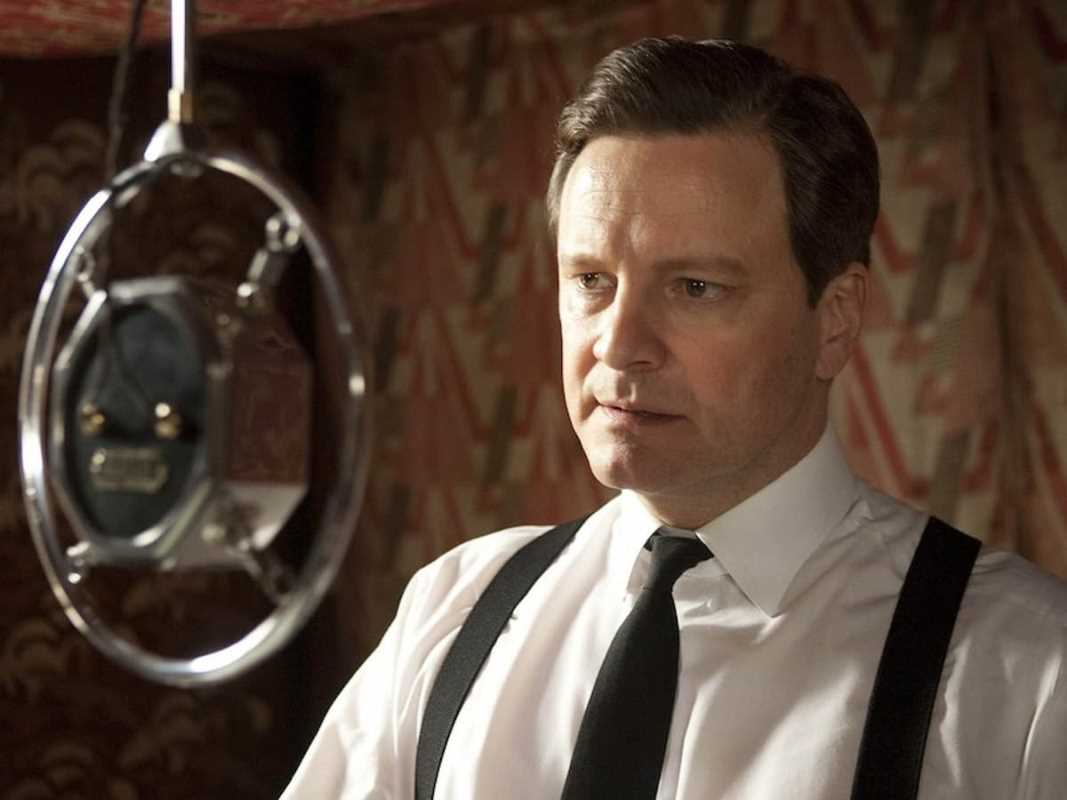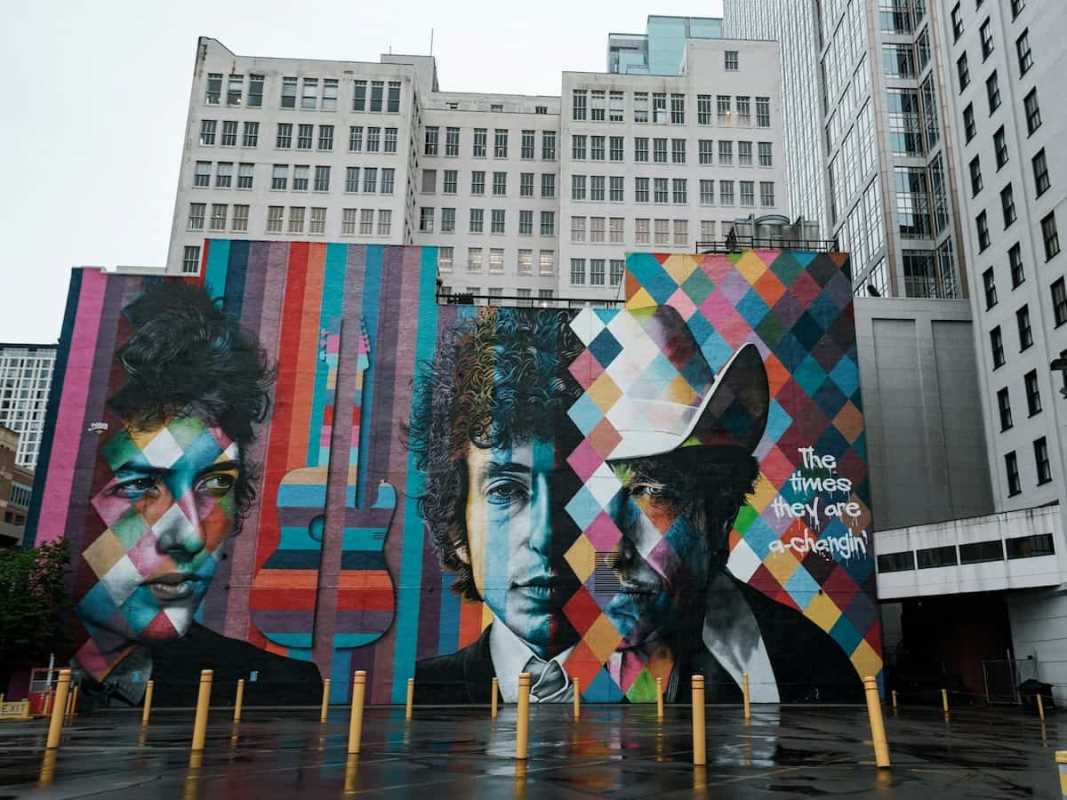In the ever-changing world of music, some artists achieve legendary status with long careers filled with multiple hits, while others leave their mark with a single, unforgettable song. These one-hit wonders may have only had one major hit, but their songs continue to resonate with listeners, becoming cultural touchstones that define a moment in time. In this article, we'll explore some of the most memorable one-hit wonder bands, taking a closer look at their iconic songs and the stories behind them.
1. “Tainted Love” by Soft Cell
Soft Cell, a British synth-pop duo consisting of Marc Almond and David Ball, struck gold in 1981 with their cover of “Tainted Love,” originally recorded by Gloria Jones in 1965. The duo’s version transformed the song into a dark, brooding anthem that captured the angst and alienation of the early '80s. With its infectious synth riff and Almond's emotive vocals, "Tainted Love" became a massive hit, topping the charts in multiple countries and reaching No. 8 on the Billboard Hot 100 in the United States.
Despite their success with "Tainted Love," Soft Cell struggled to replicate its success in the U.S. Although they had other hits in the UK, they are largely remembered in America as a one-hit wonder. Nonetheless, "Tainted Love" remains a staple of '80s music and continues to be covered and sampled by numerous artists, ensuring its place in pop culture history.
2. “Take On Me” by a-ha
Norwegian band a-ha burst onto the global music scene in 1985 with their synth-driven hit “Take On Me.” The song is best known for its innovative music video, which combined live-action footage with pencil-sketch animation, creating a visually stunning and groundbreaking experience that captivated audiences. The video was a staple on MTV, and its success helped propel "Take On Me" to No. 1 on the Billboard Hot 100.
While a-ha continued to enjoy success in Europe, they were unable to replicate the massive success of "Take On Me" in the United States. Despite this, the song remains one of the most iconic tracks of the 1980s, with its soaring falsetto chorus and unforgettable melody. The music video, often cited as one of the greatest of all time, continues to be celebrated for its creativity and influence on the medium.
3. “Come on Eileen” by Dexys Midnight Runners
In 1982, Dexys Midnight Runners, a British band led by Kevin Rowland, released “Come on Eileen,” a song that would become one of the most enduring hits of the decade. The track features a distinctive blend of pop and Celtic folk, with its infectious fiddle riff and Rowland's passionate vocals. "Come on Eileen" quickly climbed the charts, reaching No. 1 in the UK and the U.S., and becoming the biggest-selling single of the year in the UK.
Despite their success with "Come on Eileen," Dexys Midnight Runners struggled to maintain their momentum, and subsequent releases failed to achieve the same level of success. The band eventually disbanded, and while they later reformed, they remain best known for this one song. "Come on Eileen" continues to be a crowd-pleaser at parties and events, and its timeless appeal has ensured its place as a quintessential '80s anthem.
4. “My Sharona” by The Knack
The Knack, an American rock band, exploded onto the scene in 1979 with their debut single “My Sharona.” The song, with its catchy guitar riff and driving beat, became an instant hit, reaching No. 1 on the Billboard Hot 100 and staying there for six weeks. "My Sharona" became the fastest-selling debut single since The Beatles' "I Want to Hold Your Hand," and its success catapulted The Knack to fame.
However, the band's meteoric rise was followed by an equally rapid decline. Their follow-up singles failed to replicate the success of "My Sharona," and the band became the subject of backlash from critics who accused them of being a calculated, manufactured act. The Knack disbanded in the early '80s, but "My Sharona" remains a staple of classic rock radio and a defining track of the late '70s.
5. “Bitter Sweet Symphony” by The Verve
British band The Verve achieved international success in 1997 with their single “Bitter Sweet Symphony,” a song that combines orchestral strings with alternative rock. The track's lush arrangement and melancholic lyrics struck a chord with listeners, and it became a massive hit, reaching No. 2 in the UK and No. 12 on the Billboard Hot 100 in the U.S.
Despite its success, "Bitter Sweet Symphony" became the center of a legal battle over its use of a sample from an orchestral version of The Rolling Stones' song "The Last Time." The Verve was initially forced to forfeit all royalties from the song to The Rolling Stones' former manager, Allen Klein, who owned the rights to the sample. This legal dispute overshadowed the band's success, and while they continued to release music, they are primarily remembered for this one song.
In 2019, after more than two decades, Mick Jagger and Keith Richards of The Rolling Stones finally agreed to relinquish their rights to the song, allowing The Verve's frontman, Richard Ashcroft, to regain control of "Bitter Sweet Symphony." The song's enduring popularity and the eventual resolution of the legal battle have solidified its place as one of the most memorable one-hit wonders in music history.
6. “Tubthumping” by Chumbawamba
In 1997, British band Chumbawamba scored an unexpected global hit with their anthem “Tubthumping.” The song, with its defiant chorus of "I get knocked down, but I get up again," became a rallying cry for resilience and perseverance. "Tubthumping" reached the top 10 in multiple countries, including No. 6 on the Billboard Hot 100 in the U.S., and became a fixture at sports events and parties.
Chumbawamba, known for their anarcho-punk roots and politically charged lyrics, were surprised by the mainstream success of "Tubthumping." Despite their previous underground following, the band struggled to replicate the song's success with subsequent releases. They continued to make music and remained active in political activism, but "Tubthumping" remains their only major commercial hit. The song's infectious energy and universal message have ensured its longevity, making it one of the most recognizable one-hit wonders of the '90s.
7. “Spirit in the Sky” by Norman Greenbaum
Norman Greenbaum, an American singer-songwriter, achieved lasting fame in 1969 with his hit “Spirit in the Sky.” The song, with its distinctive fuzz guitar riff and gospel-inspired lyrics, became an instant classic, reaching No. 3 on the Billboard Hot 100. Despite its overtly religious themes, "Spirit in the Sky" resonated with a wide audience, and its unique sound made it a standout track of the era.
Greenbaum, however, was unable to follow up on the success of "Spirit in the Sky," and his subsequent releases failed to gain traction. While he continued to work in the music industry, he never replicated the success of his signature hit. Nonetheless, "Spirit in the Sky" has endured as a timeless anthem, frequently used in films, commercials, and television shows, ensuring its place in the pantheon of one-hit wonders.
The Legacy of One-Hit Wonders
While these bands may be remembered for just one song, their contributions to the music world are far from insignificant. Each of these hits has left an indelible mark on popular culture, capturing the spirit of its time and resonating with generations of listeners. Whether through iconic music videos, unforgettable riffs, or powerful lyrics, these one-hit wonders continue to live on, proving that sometimes, one song is all it takes to achieve immortality in the world of music.
(Image via Adobe)
 (Image via
(Image via





